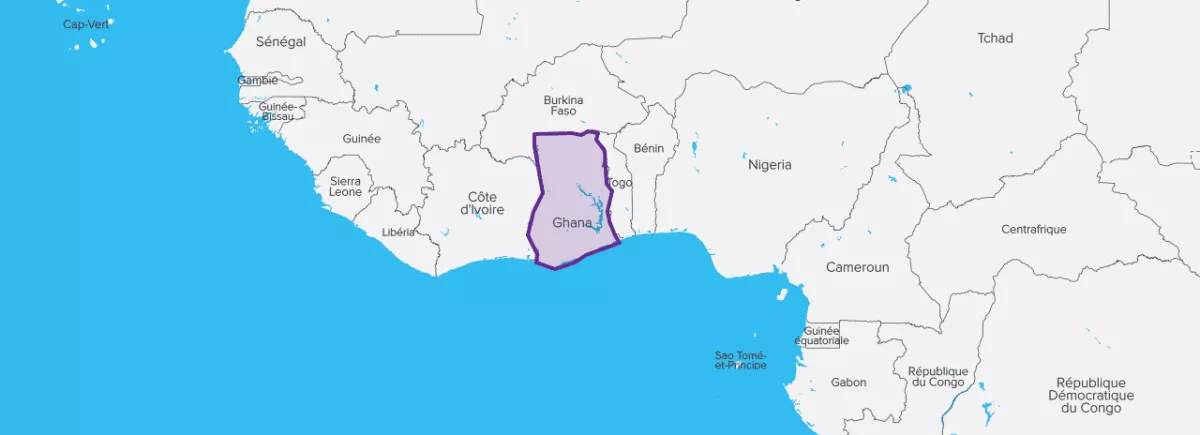
Digital Citizenship: Ghana
This paper provides a synthetic presentation of digital citizenship in Ghana.
FREEDOM OF THE PRESS
In 2016, Ghana was 26th in the global rankings published by
Reporters Without Borders, a drop of four places relative to the year before.
OPEN DATA
Developed in collaboration with the
World Wide Web Foundation, the website ghana.opendataforafrica.org has made government data publicly available in a variety of areas (legal, political, technical, social and economic) since 2012. Developers and activists adopt this data and present it in various formats. However, activists processing public data complain that it is difficult to find a business model that would enable them to monetise their activities.
SOCIAL MEDIA
Social media are part of the landscape. They are widely used by media providers and other organisations to report news and interact with members of the public. By way of example, the
Facebook page of Citi.fm, one of the country's most influential media providers, has over 850,000 followers.

Download the summary of the study (PDF)
GLOSSARY AND SOURCES
Cyberactivists: Term covering various forms of militancy practised with the aid of the internet. Africtivistes, the African association of cyberactivists for democracy, held its first meeting in Dakar in November 2015.
Open data: Open data is both a movement, a philosophy of access to information and the practice of publishing data so that it is freely accessible and usable. It forms part of a trend whereby state information is regarded as a common good whose dissemination is in the public interest.
Open Government Partnership (OGP): The Open Government Partnership is a multilateral partnership which aims to promote transparency in government activity and open it up to new forms of collaboration and joint action with civil society, in particular through the exploitation of digital and other new technologies. The OGP is run on a collegial basis involving both governments and civil society. The presidency of the organisation is currently held by France, for a one-year term which began in September 2016.
Democracy Index: Founded by the Economist Group in 2006, the Democracy Index assesses the level of democracy in 167 countries. Evaluations are based on 60 criteria grouped into five categories, namely electoral process and pluralism, civil liberties, functioning of government, political participation and political culture. Countries are scored on a scale from 0 to 10. Each country is then classified as a full democracy, flawed democracy, hybrid regime or authoritarian regime according to its score.


